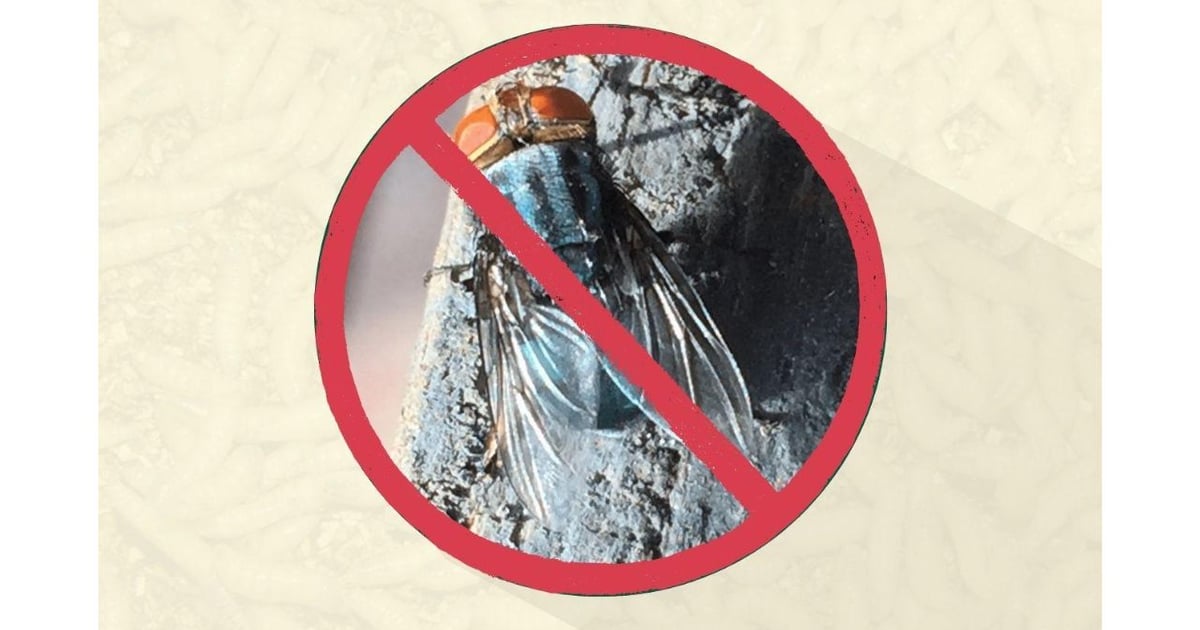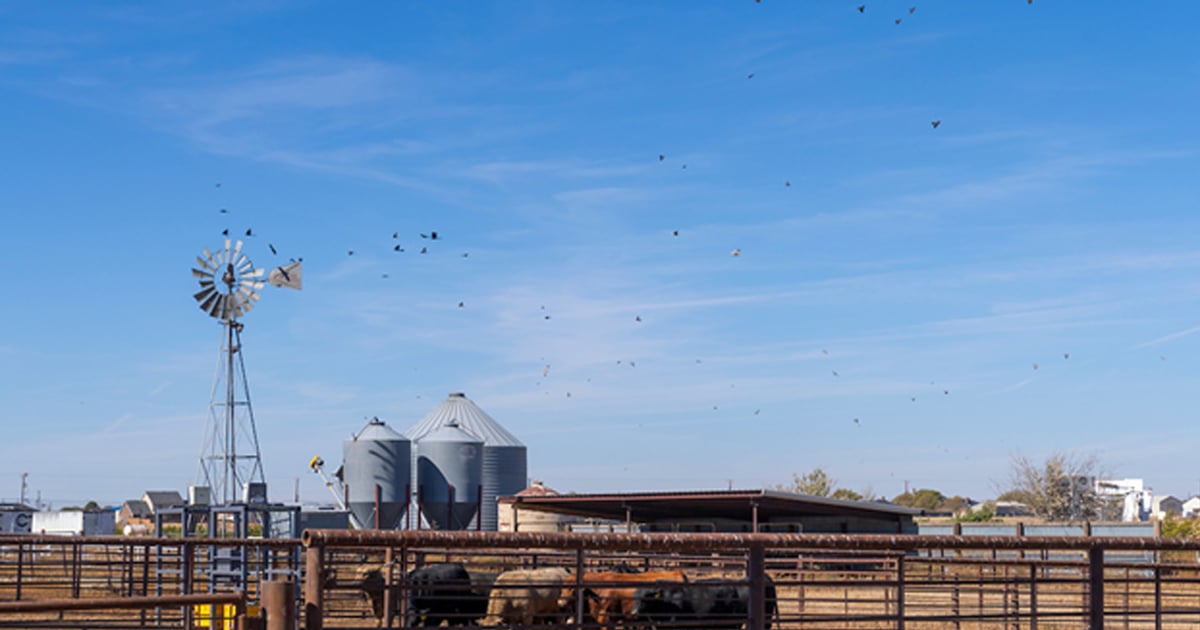Appeals court rules Iowa’s ‘ag-gag’ laws don’t violate free speech
Posted on January 10, 2024 by Ann Hess
Source: Farm Progress. The original article is posted here.

On Monday, the Eighth U.S. Circuit Court of Appeals in St. Louis, Missouri reversed prior decisions on two Iowa state “ag-gag” laws, ruling neither is an unconstitutional restriction of free speech.
The first decision issued by the three-judge panel involved a prior ruling in the Animal Legal Defense Fund v. Reynolds. In that case, the court considered an Iowa law that prohibited accessing an agricultural production facility by false pretenses and making a false statement or misrepresentation as part of the application process for employment at such a facility. The judges concluded that the ban on accessing a facility by false pretenses did not violate the free speech clause of the First Amendment, but the “prohibition on making false statements in an employment application was insufficiently tailored and unconstitutional, because it encompassed statements that were not material to an employment decision.”
Iowa then passed a new law forbidding the use of deceptive speech for a person to gain access or employment “with the intent to cause physical or economic harm or other injury” to the agricultural production facility. After several organizations challenged the new law, the district court concluded that the intent requirement renders the law “viewpoint-based” and unconstitutional under the First Amendment.
In their opinion Monday, U.S. District Judge Steven Colloton noted the justices were not persuaded by the prior decisions that the Iowa statute is unconstitutional.
“The statute filters out trespassers who are relatively innocuous and focuses the criminal law on conduct that inflicts greater harm on victims and society. In our view, the Iowa statute is not a viewpoint-based restriction on speech, but rather a permissible restriction on intentionally false speech undertaken to accomplish a legally cognizable harm,” Colloton writes.
“For these reasons, we reverse the judgment, vacate the injunction, and remand for further proceedings.”
The second statute before the court Monday involved a trespass-surveillance law, penalizing anyone who, while trespassing, “knowingly places or uses a camera or electronic surveillance device that transmits or records images or data while the device is on the trespassed property.” Five animal-welfare groups sued Iowa state officials, arguing that the act punishes activity protected by the First Amendment.
Iowa officials then moved to dismiss for lack of subject matter jurisdiction and for failure to state a claim under the Federal Rule of Civil Procedure. The district court held that plaintiffs had standing and the act was unconstitutional on its face because it was not narrowly tailored to achieve the state’s substantial interests.
In the Eighth U.S. Circuit Court of Appeals opinion, U.S. Circuit Judge L. Steven Grasz concluded, that without a doubt, trespassing is a legally cognizable injury because it harms the privacy and property interests of property owners.
“Trespassers exacerbate that harm when they use a camera while committing their crime. The Act is tailored to target that harm and redress that evil,” Grasz writes. “Because the Act’s restrictions on the use of a camera only apply to situations when there has first been an unlawful trespass, the Act does not burden substantially more speech than is necessary to further the State’s legitimate interests.”
The court ruled the plaintiffs have standing to challenge the “Use Provision,” but not the “Place Provision” surrounding the statute. However, in their final ruling, the justices reversed the district court’s summary judgment order, vacated its permanent injunction, and remanded for further proceedings not inconsistent with this opinion.
“I’m extremely pleased that the Eighth Circuit lifted a lower court injunction and paved the way for Iowa’s two trespass laws – Iowa code sections 717A.3B and 727.8A – to be enforced. This is a win for both Iowans and the country,” said Gov. Kim Reynolds. “Iowa farmers feed and fuel the world and are an essential part of the global food supply chain. No longer will people be able to gain access or employment to agricultural production facilities with the intent to cause physical injury or economic harm. We will always stand up for the security and safety of our farmers and their land.”




